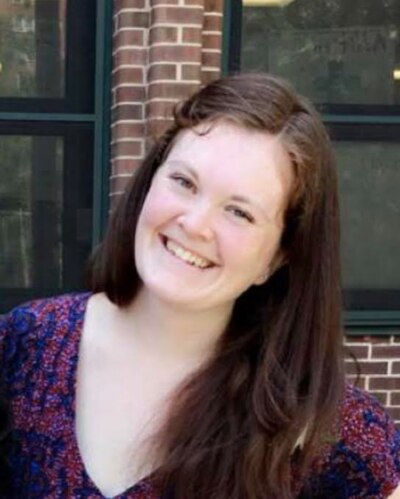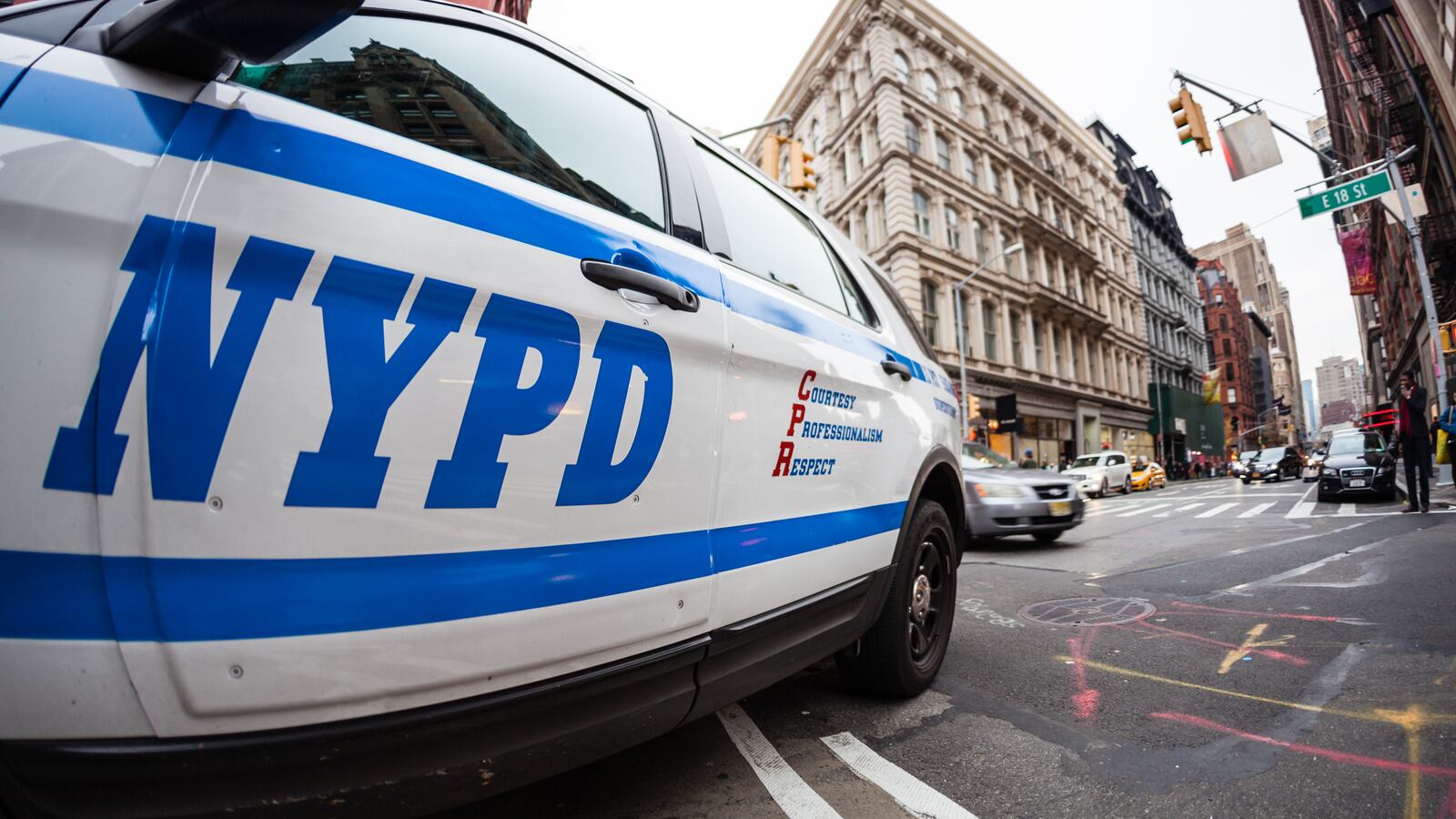A couple of years back, one of my students, a fifth grader, had an emotional outburst that led him to leave the classroom and run around the school. There was no plan in place for how we, as teachers and administrators, would handle a crisis like this. It ended with adults chasing the student in the halls and the NYPD coming to the school to intervene.
This tiny child was surrounded by several police officers before being taken away from school.

I became a teacher because I find it inspiring to be around children who are constantly “freedom dreaming” — imagining and believing in a different world. I wanted to support young people in keeping that flame ignited. Just being around them has helped to reignite my own capacity to dream, something most of us lose as we become adults.
But at that moment, when I saw the fear in my student’s eyes, I knew that we had done the exact opposite. We had forced this young person to disconnect prematurely from his innate ability to freedom dream. And when he came back to school, he continued to escalate into crisis. This was partly because he wasn’t getting needed support and also, I believe, because his trust in us had been broken. He no longer felt safe.
Moreover, our own bias towards him had set in. We started to give up on him. He was labeled as someone who would be hard to manage, and there was a shared expectation that this would be a recurring incident. It left me wondering if the situation had not escalated so dramatically and police were not involved, would our perception of him have been different?
I’m convinced that de-escalation would have resulted in a better response. If he had felt protected and cared for by us that day, I believe the likelihood of him going into crisis as frequently as he did would also have been reduced.
But this story is not just about this one student or that one school where I was a special education teacher. It is a system-wide failing that desperately needs to be addressed. Policing students does not foster school safety or create an environment in which students can learn and thrive.
Moreover, policing in schools has proved to be yet another vehicle of systemic racism. Recent data shows how Black and Latinx students in New York City public schools are disproportionately targeted and restrained by police.
I’ve begun advocating for police-free schools here because policing is a public health crisis that fans the flames of trauma in young people. Schools should be free from policing, surveillance, and punitive culture. The responsibility of schools is to support the well-being and growth of young people, not to cause them further harm.
We can do that by investing in restorative practices meant to help students rethink and change their behavior; such practices allow students to be seen as humans with feelings and the capacity to correct and learn from their mistakes.
Every year, the city funnels nearly half a billion dollars to police young people in public schools. Instead, we need to invest in such living-wage positions as restorative justice coordinators, paraprofessionals, youth advocates, community outreach coordinators, and parent coordinators. These are also employment pathways for young people of color most harmed by policing and disinvestment. If any of this had existed at that school when my student went into crisis, I believe the outcome would have been very different for that young person and the entire school.
But all the funding in the world for restorative justice and social and emotional support programs won’t mean anything if we don’t disband the School Safety Division and halt the harmful and costly plans to create a policing division in our city’s Department of Education. I know this because I saw what police-free schooling looked like this past school year. Despite the challenges of Covid-19 and remote learning, my students were more attentive than ever. We were able to do incredible things and deepen our relationships. I know a large part of this is because at home, they didn’t have to deal with surveillance vibes and policing, practices that strip them of their humanity and ability to grow, learn, and dream.
There were fewer behavioral issues, and they seemed happier, which helped us have more fun while doing some serious learning and growing. The kind of support and accountability they showed one another was unlike anything I’ve experienced. I can’t help but think that it’s because they felt safer, too.
For me, it was the closest I’ve ever gotten to being the kind of teacher I had imagined I would be. As schools reopen, I think there’s an opportunity for us to create a culture of safety and trust in our schools. We must stop dimming the light of our young people with policing.
Jennifer Finn is a special education teacher in Manhattan and a member of Teachers Unite, an organization that advocates for racial and economic justice in New York City public schools.



